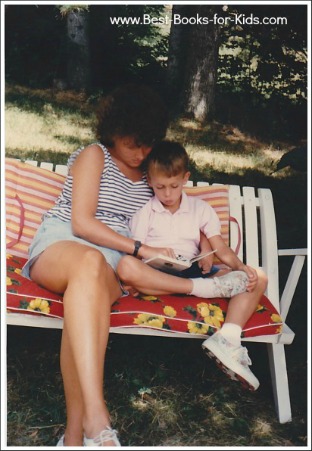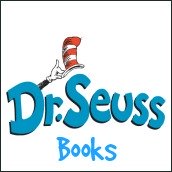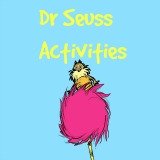Teach Your Child To Read
Is it possible for you as a parent to teach your child to read?
Of course!
In fact, you’re probably doing this every day without even realising it simply by spending time with your child and doing the things you do together as a matter of course.
This is because the most important part of learning to read is the informal learning that takes place in the years before your child starts school.
That's right, children do not learn to read when they begin school.
The most important part of learning to read takes place in the pre-school years when a child is learning to talk and to make sense of the world around him.
In fact, learning to read really starts when a baby is first born because this is when his brain starts to develop the three crucial skills he’ll need to learn to read when he's older.
These three skills develop normally in most children but it's useful to know a bit about them so you can gently encourage the process.
Three Crucial Pre-Reading Skills
So, there are three main skills children need to learn before they're ready to learn to read.
You can click on the links to read more about these skills but in a nutshell, the skills are:
- Phonological awareness – an awareness and understanding of the sound structure of language;
- Background knowledge – an understanding of the world around us and how things work;
- A wide and rich vocabulary of words – this means both the words a child can say and the words he understands, even if he doesn’t yet use them himself when he speaks;
These pre-reading skills are so important that, if they are not well-developed when a child starts school, he’ll struggle to learn to read.
Not only will he find reading difficult, he’ll also be at a massive disadvantage in every subject area compared to a child who starts school with a wide vocabulary, good phonological awareness and extensive background knowledge.
Once these skills are in place, your child is likely to learn to read easily and naturally with hardly any formal teaching at all, even before he starts school.
So how do I go about teaching my child to read?
Teaching your child to read begins with the three crucial pre-reading skills and the good news is that you can help develop these skills in your child without spending money on special classes or programs simply by reading aloud to him often, starting as early as you can.
Developing these skills takes time though so don’t expect to be able to teach your baby to read when he’s a year old.
But, by the age two-and-a-half or three, children who’ve been read to a lot will be able to recognise and read a few simple, familiar words and from this point on the process snowballs. They begin to read words and phrases in their favourite books as you read to them and on it goes.
Of course, learning to read and becoming a confident, capable reader are not the same thing. Once your child seems to have grasped the basics of reading and can read simple things on his own, your role is to make sure he keeps reading!
Practise makes perfect and it’s crucial that your child reads a lot so that he reaches the stage where he can read pretty much anything with ease and comprehension.
How do you do this? Encourage your child to read to you and to read independently but also continue to read aloud to him.
Parents often think they have to stop reading aloud once their child can read independently but there are good reasons for continuing to read aloud to older children, and even teenagers!
References:
Center, Y. (2005). Beginning Reading. Sydney: Allen & Unwin.
Emmitt, M; Zbaracki, M; Komesaroff, L. & Pollock, J. (2010). Language & Learning. Melbourne: Oxford University Press.
Mayer, R.E. (2001). What Good is Educational Psychology? The Case of Cognition and Instruction, Educational Psychologist, Vol. 36(2), 83–88.
home >>> teach your child to read




